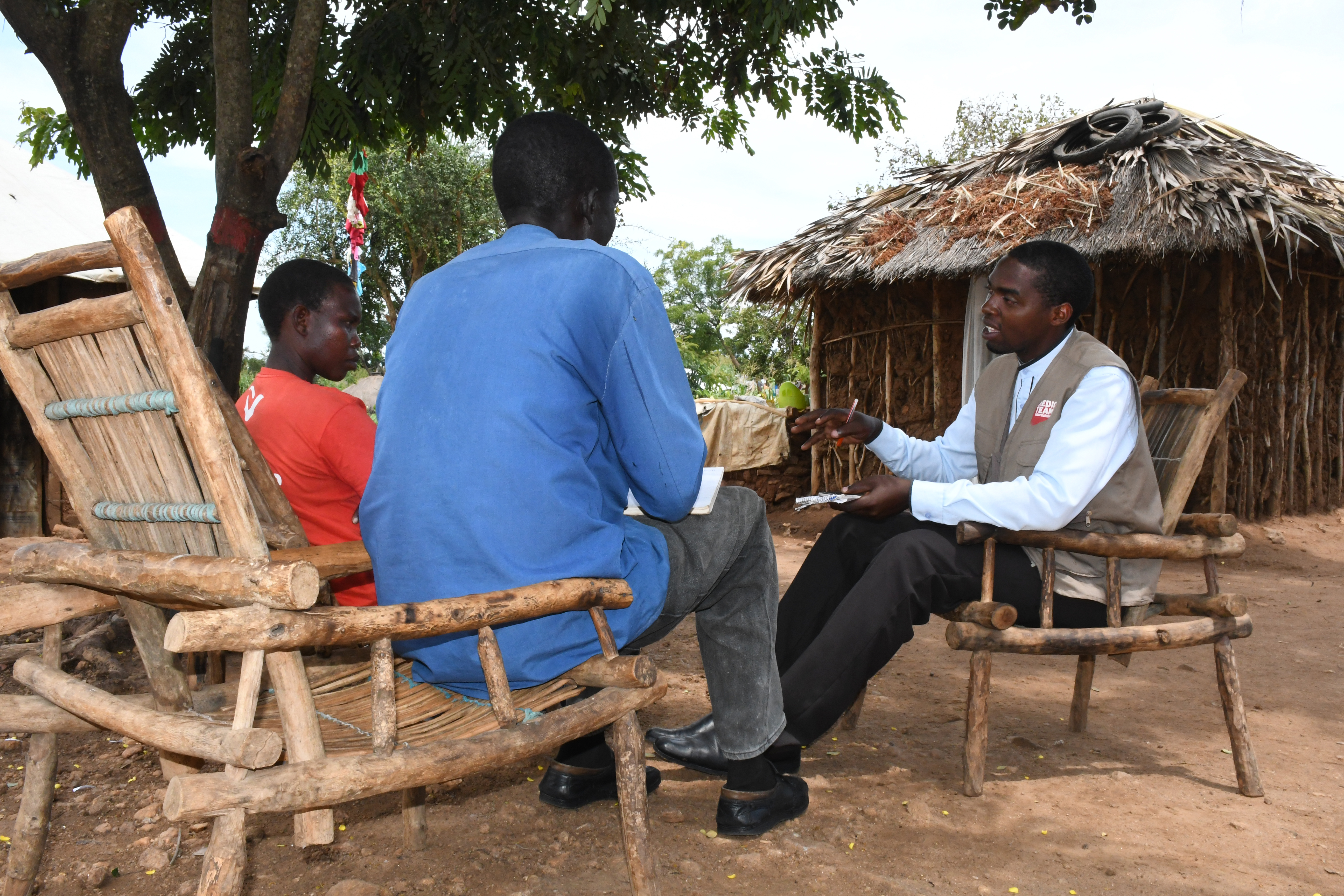UNHCR to observe World AIDS Day with programmes on five continents
UNHCR to observe World AIDS Day with programmes on five continents
GENEVA, Nov. 30 (UNHCR) - The United Nations High Commissioner for Refugees will mark World AIDS Day Saturday with a wide series of events and information campaigns on five continents in keeping with the UN Secretary General's call to support those who have contacted the HIV virus.
The refugee agency, which has carried out educational and prevention campaigns in its camps and among the host populations for the past ten years, will sponsor activities both at its headquarters in Geneva and its 289 offices worldwide in an effort to make the organisation more "AIDS friendly" both for the refugees and its own staff.
As AIDS continues to spread around the world, vulnerable populations, including refugees, become increasingly affected by the virus. In Africa, for example, the prevalence of HIV/AIDS among the refugees and host communities oscillates between seven and 25 percent.
Young people between the ages of 12 and 24 currently represent 35 percent of the world's 21.8 million refugees, and are group most affected by the spread of AIDS. A 1999 study commissioned by the agency reported that in Tanzanian camps, for example, some youngsters begin to have sex when they are just ten years old. The study also revealed alarming practices - multiple partners, unprotected sex, and the exchange of sex for gifts from older males.
Without proper measures, the mortality rate is expected to double within years in the refugee camps, with children among the primary victims, UNHCR said.
The spread of the HIV virus among the young is particularly disturbing to UNHCR because the agency counts on them to rebuild their communities once they are repatriated to their countries of origin.
Along with young people, women and girls are among the most vulnerable to contacting the HIV virus. Refugee situations are conducive to forced, high-risk sexual behaviour and abuse, including rape. Female refugees therefore frequently find themselves coerced into having sex to gain access to basic needs, such as food, shelter, and security.
UNHCR's programmes to battle the disease include field materials and activities to encourage prevention in the camps as well as during emergency situations such as the current Afghan crisis. Guidelines issued by the agency have four major goals: promoting prevention, ensuring supplies of uncontaminated blood, treating sexually transmitted infections, and providing basic information about the HIV virus.









